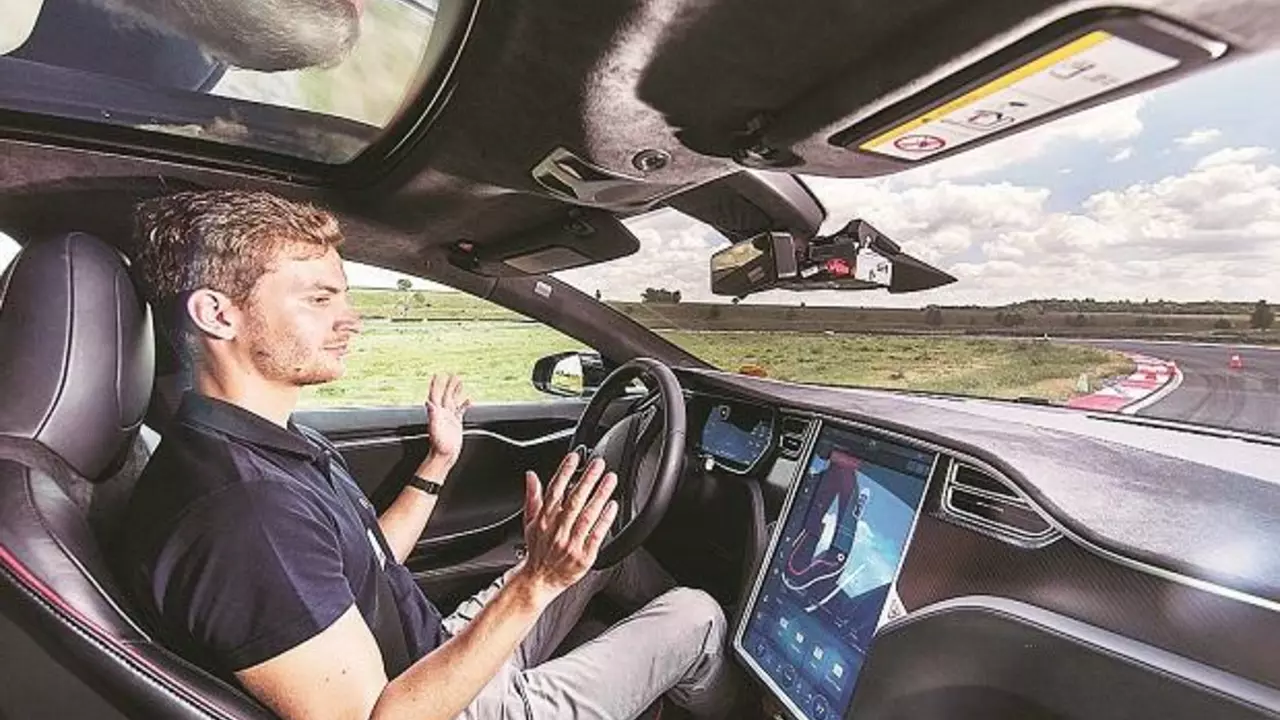Which Motorsport Requires the Most Skill? A Straight‑Talk Analysis
If you’ve ever watched a race and wondered whether the driver’s reflexes, the bike’s balance, or the team's strategy matters more, you’re not alone. Different motorsports push the limits of skill in unique ways, so pinning down a single “most skilled” discipline is a bit like trying to name the fastest animal—each excels in its own arena.
First, let’s break down what “skill” really means on the track. It’s not just raw speed; it’s a blend of physical endurance, mental sharpness, technical knowledge, and the ability to adapt on the fly. When you add variables like weather, terrain, and vehicle dynamics, the skill set expands even further.
What Makes a Motorsport Skill‑Heavy?
Physical fitness is the foundation. A Formula 1 driver can pull over 5 g in a corner, so neck strength and cardiovascular stamina are non‑negotiable. MotoGP riders, on the other hand, wrestle a bike that can tip over at 200 km/h, demanding exceptional core strength and balance.
Mental acuity is the next piece. In endurance races like the 24‑Hours of Le Mans, drivers rotate in shifts, meaning each stint requires razor‑sharp focus while battling fatigue. Rally drivers navigate constantly changing roads with a co‑driver’s pace notes, turning split‑second decisions into a survival skill.
Technical know‑how ties everything together. Understanding tire wear, brake temperatures, and aerodynamics lets a driver extract every ounce of performance. In Formula 1, a single millisecond can mean the difference between a podium and a finish outside the points, so drivers must be engineers in the cockpit.
Comparing the Top Contenders
Formula 1 boasts the highest speeds and the most sophisticated technology. Drivers need perfect hand‑eye coordination, the ability to interpret telemetry instantly, and the stamina to handle intense G‑forces for over an hour. The mental load is heavy: strategizing pit stops, managing tyre degradation, and reacting to rivals’ moves all happen in real‑time.
MotoGP pushes the limits of body control. Riders sit astride a machine that throws them off balance with the slightest wobble. They must constantly adjust body position, throttle, and brake pressure while reading the track’s grip level. The physical toll is brutal—riders often finish a race with bruised ribs and sore shoulders.
Rallying throws drivers into unpredictable environments—gravel, snow, mud—often with zero visibility beyond the next corner. The co‑driver’s pace notes become a lifeline, and the driver must trust them blindfolded. Split‑second reactions to a sudden slide or a hidden rock separate the good from the great.
Endurance racing (think Le Mans) blends speed with teamwork. Drivers share a car, so consistent lap times, smooth driving, and clear communication with engineers matter as much as outright pace. Managing fatigue over long stints and keeping the car running flawlessly for 24 hours tests both mental endurance and mechanical sympathy.
So, which one is the most skill‑intensive? If you define skill as pure physical and mental precision under extreme pressure, Formula 1 edges ahead. If you value adaptability and raw bike control, MotoGP takes the crown. For multi‑disciplinary challenges, rally tops the list, while endurance racing rewards consistency and teamwork.
Ultimately, the answer depends on what aspect of skill you value most. Each discipline forces its participants to master a distinct set of challenges, and that variety is what makes motorsport so addictive. Whether you’re a fan of the sleek F1 cars, the screaming MotoGP bikes, the rugged rally stages, or the marathon‑like endurance races, you’re watching athletes push the boundaries of human ability.
Got a favorite motorsport? Drop a comment and tell us why you think it demands the most skill. The debate never ends, and that’s part of the thrill.

Which motorsport requires the most skill?
After exploring various motorsports, it's clear that pinpointing which one requires the most skill is complex as each sport demands its unique set of capabilities. However, many argue that Formula 1 stands out due to its high-speed precision, tactical decision-making, and intense physical and mental demands. Others might point to the intricate tactics and danger involved in MotoGP or the multi-disciplinary skillset required in Rallying. In contrast, some believe the endurance and team strategy involved in Le Mans racing make it the most skill-intensive. Ultimately, the answer depends on how one defines 'skill', demonstrating the multifaceted nature of motorsport expertise.
Read More